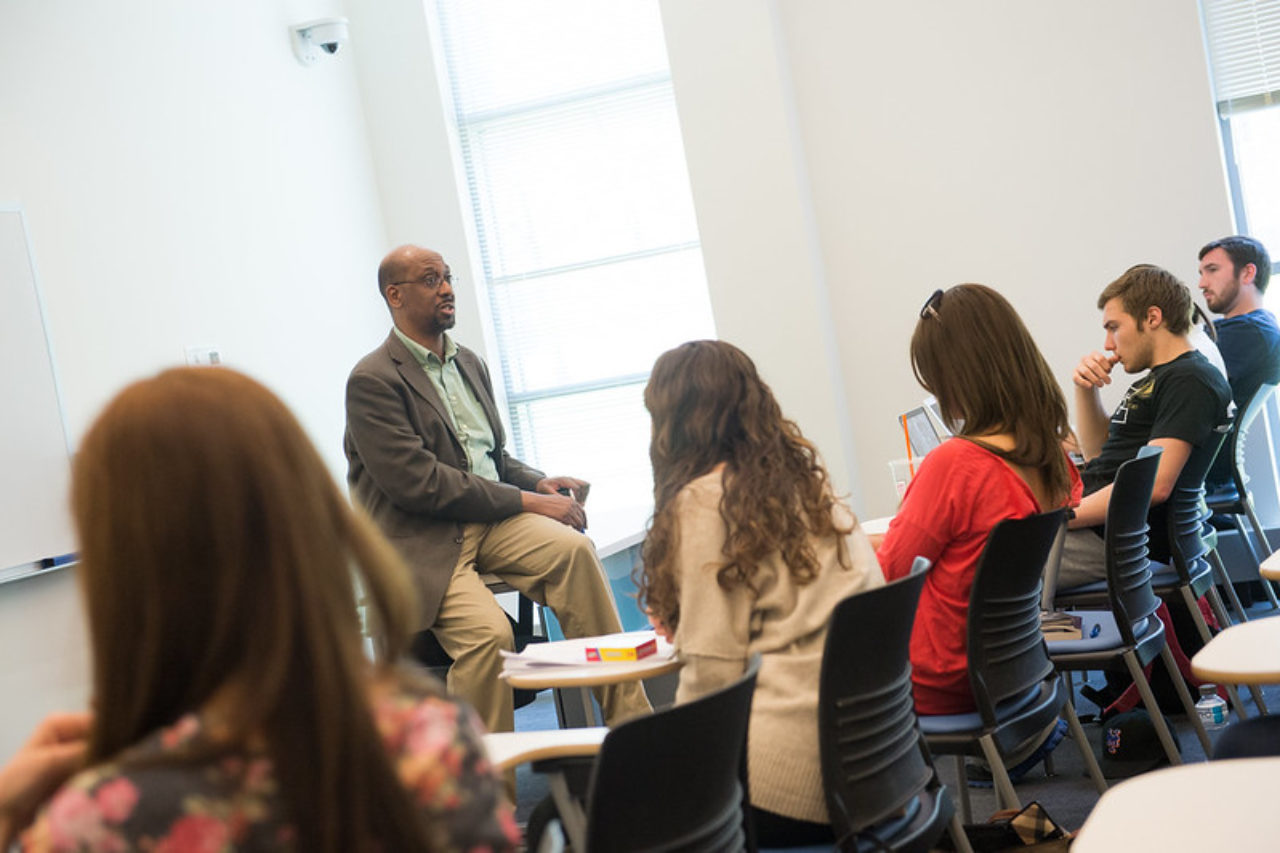Clinical Social Work Minor

Three Required Foundation Course – (9 credits):
- PSYC1125 Introductory to Social Service Advocacy (Crosslisted with CRIM1125)
- PSYC3381 Field Placement
- PSYC4391 Techniques of Psychotherapy
Two criminal justice courses – (6 credits) from the following:
- CRIM 1130 Working with Children & Family
- CRIM 2204 Juvenile Justice and Delinquency
- CRIM 2208 Victimology
- CRIM 2246 School to Prison Pipeline
- CRIM 3307 Domestic Violence
- CRIM 3320 Interviewing & Counseling
- CRIM 3322 Negotiation and Conflict Management
- CRIM 3324 Community Resource Mgt.
- CRIM 3326 Rehabilitative Strategies
Students who are majoring in Psychology are not permitted to enroll in this minor, Psychology majors may elect to complete the clinical social work track within their major and must complete a minor in another area.